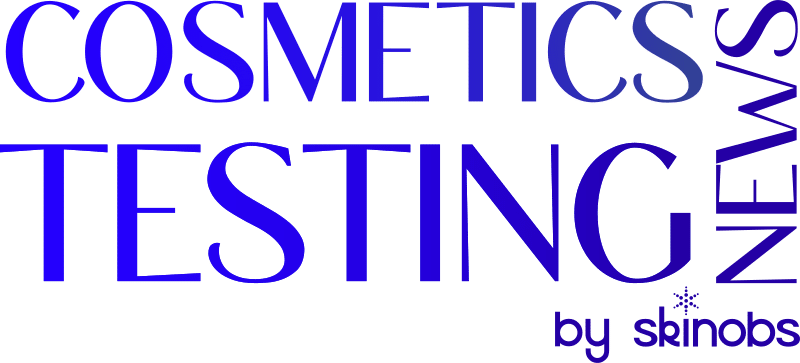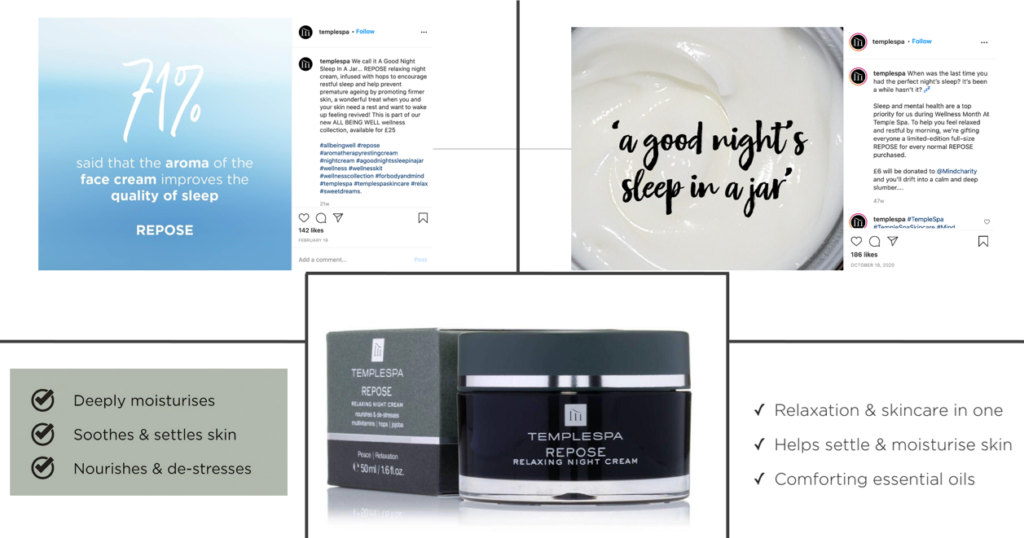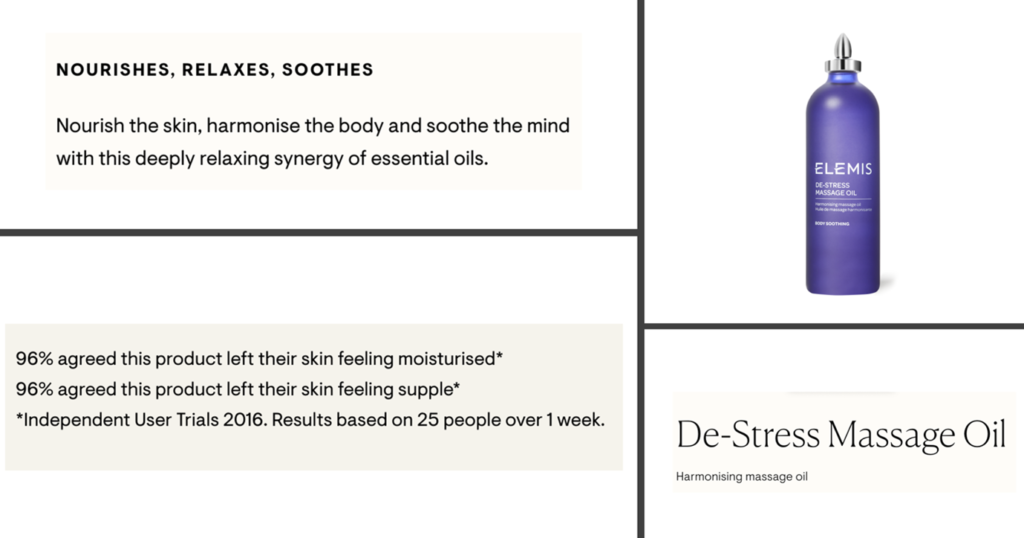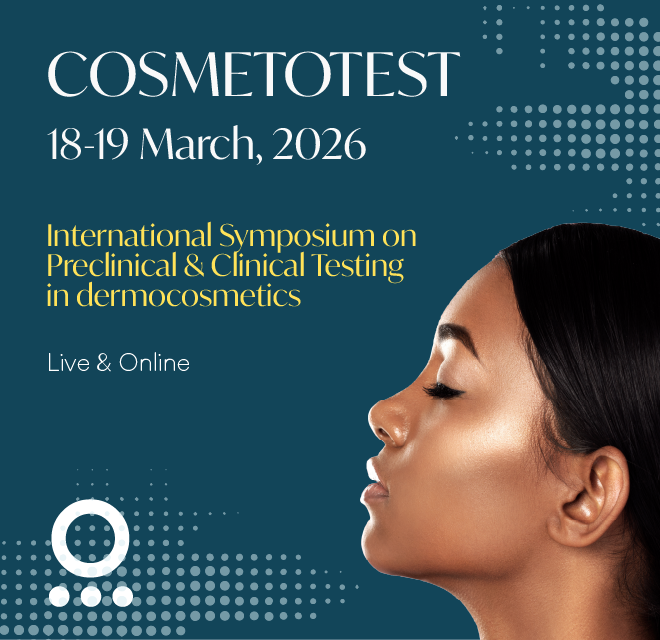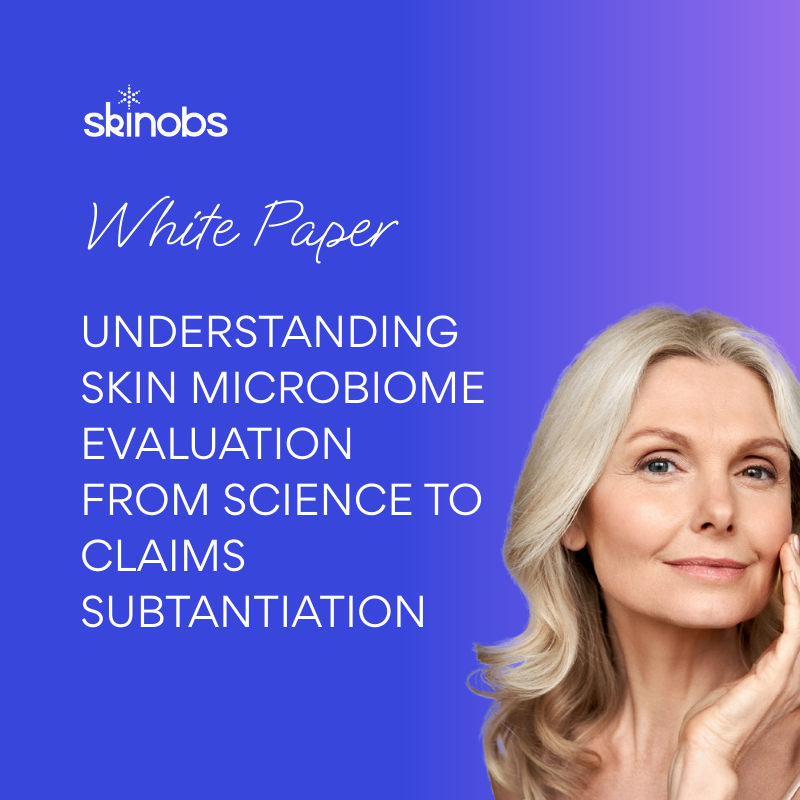Beauty and Wellbeing
The beauty industry has become a major player in the wellness revolution as self-care has become a part of physical, mental and emotional health. Consumers are developing a holistic approach to health and beauty, with a growing idealism that to look good on the outside we must feel good on the inside (Ref 1). As such, brands making advertising claims that are based on emotion and wellbeing are more appealing to the current cosmetic audience. But how can brands ensure that these subjective claims have substance and do not mislead consumers?
Subjective Claims
Firstly, when we consider marketing communication, we must refer to the relevant legislation to ensure adverts are compliant. Wellness claims are often based on opinion which can trip up marketers, as opinions may not be thought as advertising claims. Whilst not objective, these claims come under the classification of subjective claims. The Advertising Standards Authority (ASA) include in their guidance for beauty claims (Ref 2) information on sensory/impressionistic subjective claims:
‘Claims that cannot be proved objectively, such as “no other shower gel leaves you feeling fresher”, might require satisfactory consumer research to back them up.’
Looking more specifically at cosmetic regulation, whilst there are different regulations globally the EU regulations and guidelines are reflected internationally. The guidance to support the EU Cosmetic Regulation framework (Ref 3) provides us with advice on subjective claims:
‘Claims must be supported by reliable, relevant, and robust evidence. There is no difference between subjective, objective, established or new advertising claims: all must be supported by relevant, reliable and robust evidence. A subjective claim can be a sensory, performance or aesthetic claim based on consumer perception, as it expresses the consumer experience when using a product.’
Case Studies
What does this subjective claim substantiation look like in practice? Luxury skin care brand, Temple Spa, incorporates trial data into its beautifully designed Instagram posts to clearly display substantiation behind wellness claims. For its ‘Repose Relaxing Night Cream’ it claims ‘71% said the aroma of the face cream improves the quality of sleep’, as well as testimonials such as ‘A good night’s sleep in a jar’. The cosmetic benefits are displayed on their website to support the fact that the product is not only improving wellbeing but it is also efficacious (Ref 4).
Meanwhile, Elemis proudly presents its consumer perception claims for skin improvement from independent user trials on their website product page for ‘De-Stress Massage Oil’. The name alone implies an emotive claim and the combination of ingredient data from the essential oil alongside subjective claims gives the consumer confidence that this product will provide them with the results they desire (Ref 5).
Moving Forward
Consumers are looking for simple solutions to look and feel their best. It is essential to use advertising claims to stand out against your competition and to allow consumers to make an informed decision to purchase your products. Consumer research provides you with the feedback you need to guide product development whilst supporting advertising claims with valid evidence to satisfy regulations. The new age of health and wellbeing is here to stay, are you ready to grow your brand alongside it?
Follow this link for a case study PDF of wellness and emotive claims from Ayton Global Research:
References
- Mintel, Wellness trends impacting the beauty Industry, March 2020, https://www.mintel.com/blog/beauty-market-news/wellness-trends-impacting-the-beauty-industry
- Advertising Standards Authority, Guidance on the level of substantiation expected in health, beauty and slimming claims, 5 July 2010, https://www.asa.org.uk/resource/health-beauty-and-slimming-claims-substantiation.html
- Cosmetics Europe, Guidelines for Cosmetic Product Claim Substantiation, 22 May 2019, https://cosmeticseurope.eu/files/4016/0015/2480/Guidelines_for_Cosmetic_Product_Claim_Substantiation.pdf
- Temple Spa, Repose 2 for 1, 21 Oct 2021, https://www.templespa.com/repose-241
- Elemis, De-Stress Massage Oil, 21 Oct 2021, https://uk.elemis.com/de-stress-massage-oil.html
Corresponding Author
Carys Smith, Regulatory and Sales Director, Ayton Global Research
carys.smith@aytonresearch.com

Carys has designed, directed and managed studies for over 250 clients and has delivered lectures globally about maximising your brand advertising, research methodologies, claim substantiation and the surrounding regulations.
Carys is a committee member of the Society of Cosmetic Scientists and uses this opportunity to plan and manage industry events.
CONTACT
+44 (0) 1749 344 464
